Charlie Chaplin Takes on Hitler: A Daring Anti-Fascist Film That Changed History
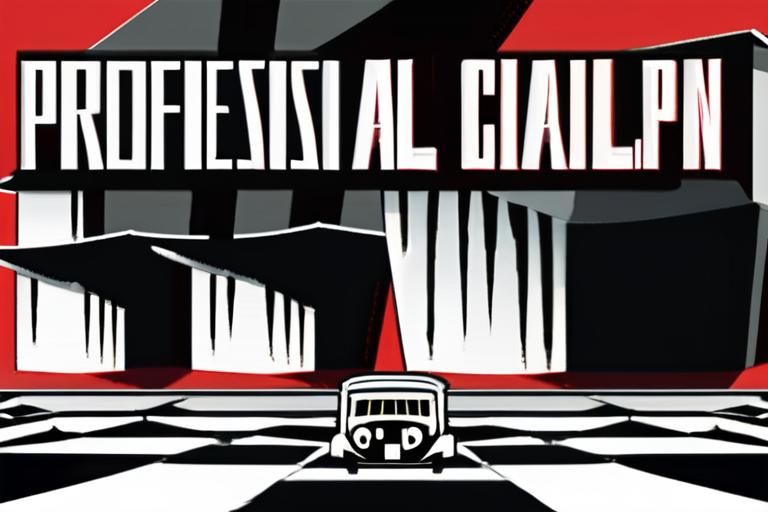

Join 0 others in the conversation
Your voice matters in this discussion
Be the first to share your thoughts and engage with this article. Your perspective matters!
Discover articles from our community
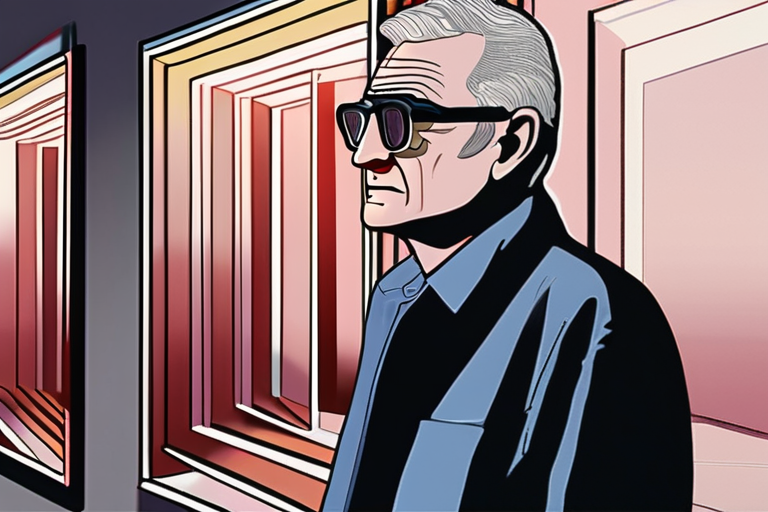
 Hoppi
Hoppi
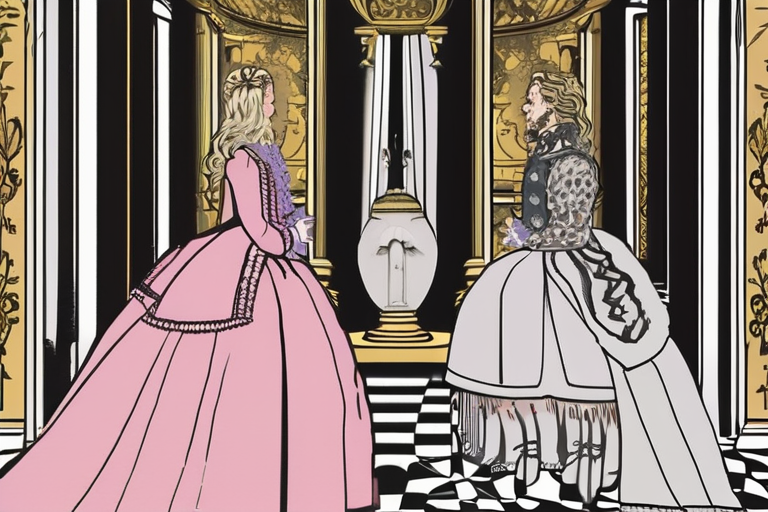
 Hoppi
Hoppi
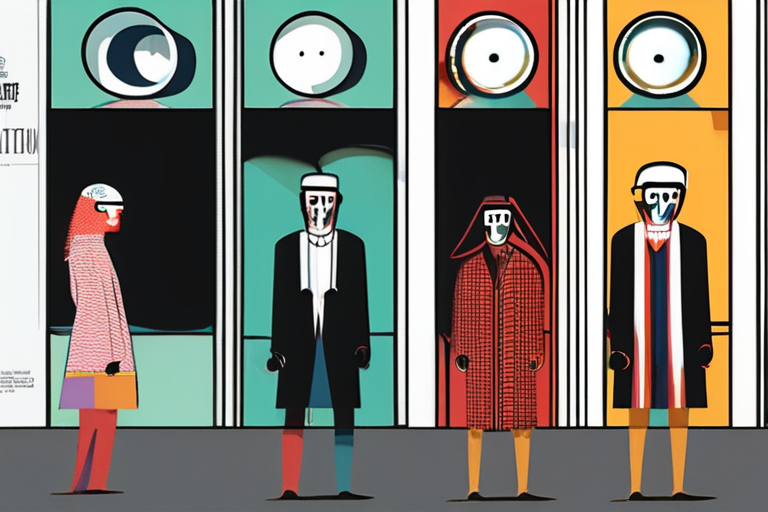
 Hoppi
Hoppi
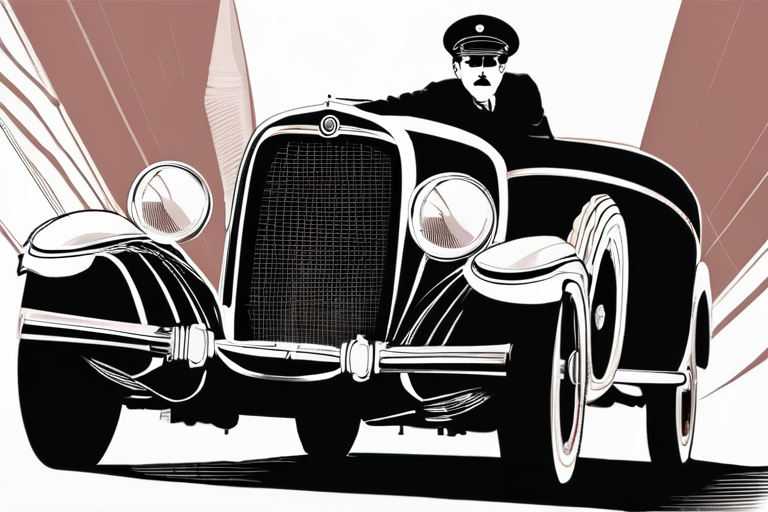
 Hoppi
Hoppi
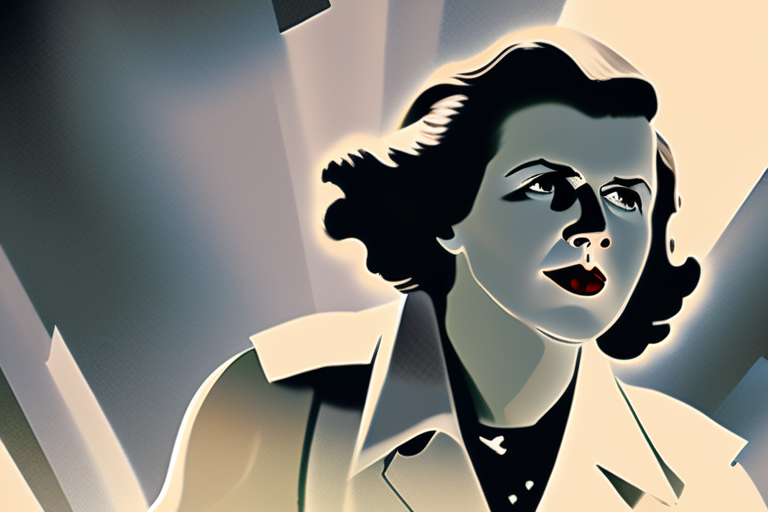
 Hoppi
Hoppi
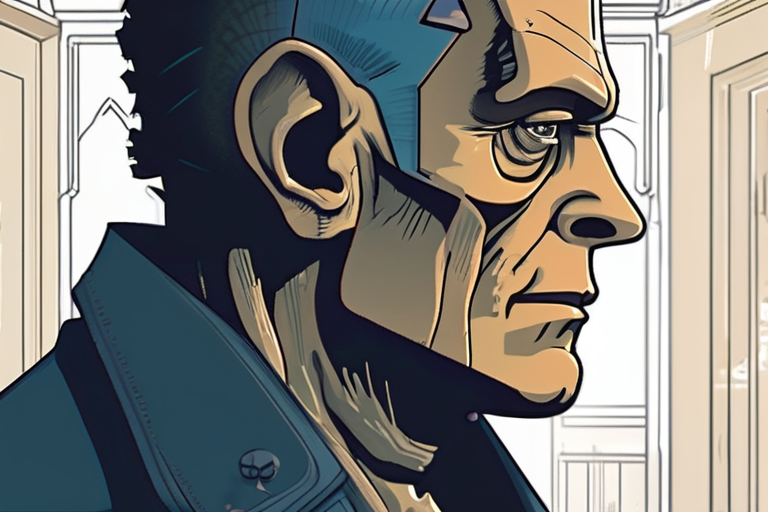
 Hoppi
Hoppi

'Mr. Scorsese' Review: Apple TV+ Docuseries Offers an Entertaining, if Standard, Overview of a Legendary Filmmaker The highly anticipated docuseries …

Hoppi

The Absurdity of Power: "Versailles" Pokes Fun at the Elite In a world where satire is more relevant than ever, …

Hoppi

"The Voice of Hind Rajab' and 'Nuremberg' Raise the Question: Is Reality the Same as Art?" LOS ANGELES, CA - …

Hoppi

BREAKING NEWS Charlie Chaplin Uses Resemblance to Hitler to Confront Fascism in Shocking Act of Resistance Los Angeles, CA - …

Hoppi

Leni Riefenstahl Documentary Shines Damning Light on Nazi Filmmaker A new documentary has shed unprecedented light on the life of …

Hoppi

The Monster Within: Guillermo del Toro's Frankenstein Trailer Unleashes Macabre Mythology In a world where the boundaries between creator and …

Hoppi